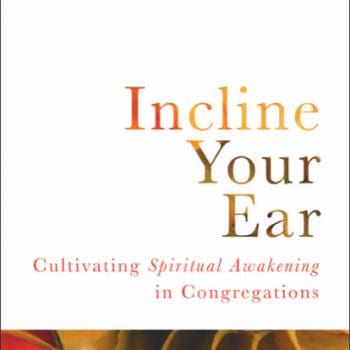If you don’t know enough about Quakers to stand in utter awe of their understanding of discernment, it’s time you learned. For centuries, The Society of Friends—popularly called Quakers—has been promoting discernment-in-community both for individuals and groups (especially their business meetings).
Say a young Quaker couple wants to get married. They are advised to be part of what is called a “Clearness Committee,” a group of wise and trusted members of the meeting convened to pray in silence and ask them honest, open-ended questions that help them “become clear” about the way forward in their relationship. In the same way, the Quaker meeting (local gathering) might go into a Clearness Committee around an important question facing their church. The goal is to find unity within the greater body before taking the next step. Not everyone has to agree wholeheartedly, but for unity to be found everyone has to agree that the Spirit seems to be moving the meeting in one particular direction.
You don’t have to be Quaker to benefit from a Clearness Committee. I’ve been part of several at the request of seminary students, clergy, spiritual directors and directees. When properly facilitated (Quakers use the term “clerked”), Clearness Committees are beautiful sacred spaces offering the focus person (the one with the discernment question) assistance as they listen for the still, small voice of the Holy in their life.
For a wonderful and useful description of Clearness Committee, check out Parker Palmer’s classic article on it here.
Then, to form one to help with your discernment do the following:
- Find a clerk to facilitate. You could locate a spiritual director, give them the Parker Palmer article and ask them to be your facilitator. It’s relatively easy and spiritual directors have the skills to hold the space and follow the guidelines.
- Invite 4-6 spiritual “heavy hitters” in your life to be on the committee.
- Set a date and allow about 3 hours for the process.
- Write up a one page description of your question and the background for committee members. Email it to them a few days before the committee convenes.
- Meet with your clerk prior to the committee setting to agree upon how you want the time to go. You have some options for the last 30 minutes of the session.
- Enjoy the sacred space and the sense of peace that comes from having a group of people sit with you in silence, prayer and inquiry.
In our next session, we’ll talk about using the Wesleyan Quadrilateral in discernment.
For more about spiritual direction as I practice it, check out my website. If you have questions or comments about the content of Spiritual Direction 101, please let me hear from you in the reply section below.












